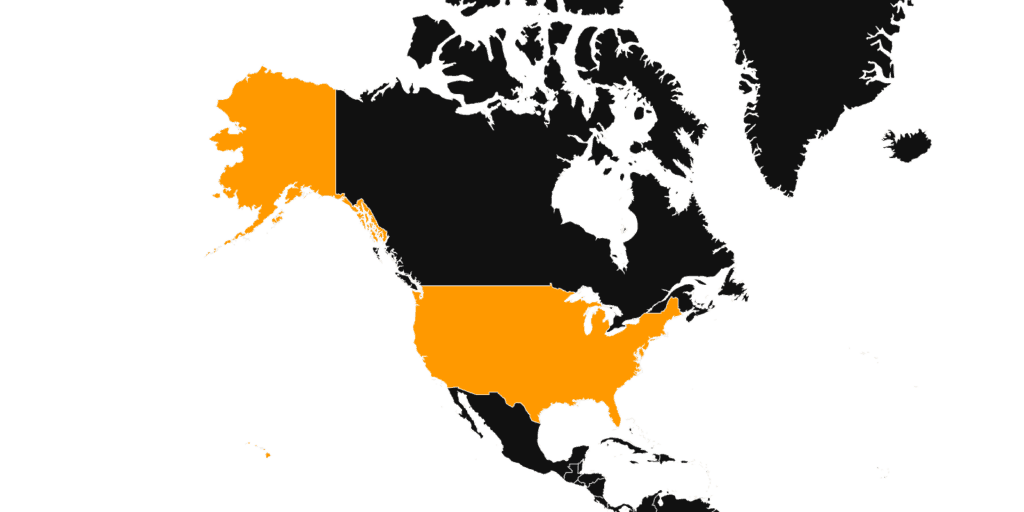

Ghada Oueiss on the psychological toll of social media attacks
Targeted Al Jazeera journalist Ghada Oueiss talks to the Committee to Protect Journalists about being hacked, navigating online misogynistic smear campaigns, and living in fear of physical repercussions for her work since the brutal killing of Jamal Khashoggi.
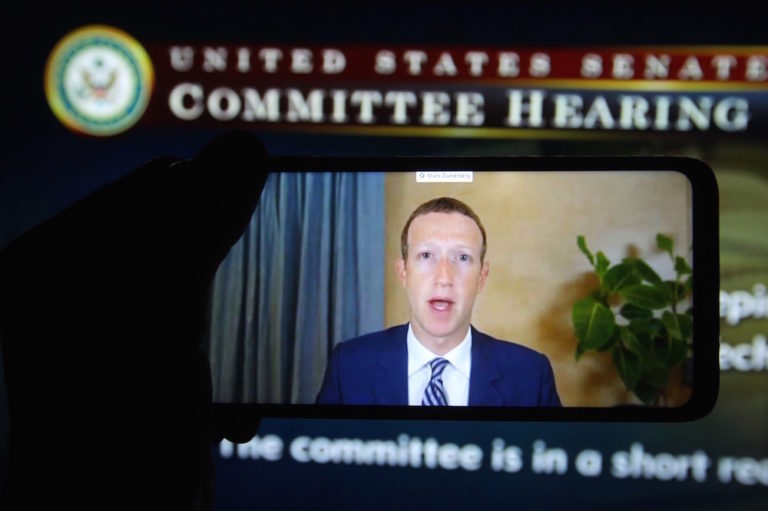
It’s not Section 230 you hate, it’s oligopolies
Section 230 is not a gift to Big Tech, nor is repealing it a panacea for the problems Big Tech is causing – to the contrary repealing it will only exacerbate those problems. The thing you hate is not 230. It’s lack of competition.

Members of US Congress speak out in support of the Belarusian people
In recognition of the International Day of Solidarity with Belarus, PEN America is sharing statements from members of the US Congress reminding the world that the struggle for free expression and democracy in Belarus has not been forgotten.

The old media and the new must work together to preserve free speech values
‘I urge us all to stay steadfast to our traditional distaste for government regulation of journalistic practice. Good journalism is certainly an ideal. It is an admirable quality to urge any media outlet to adopt and follow,” EFF Civil Liberties Director David Greene.

Why EFF doesn’t support bans on private use of face recognition
Instead of a prohibition on private use, EFF supports strict laws to ensure that each of us is empowered to choose if and by whom our faceprints may be collected.
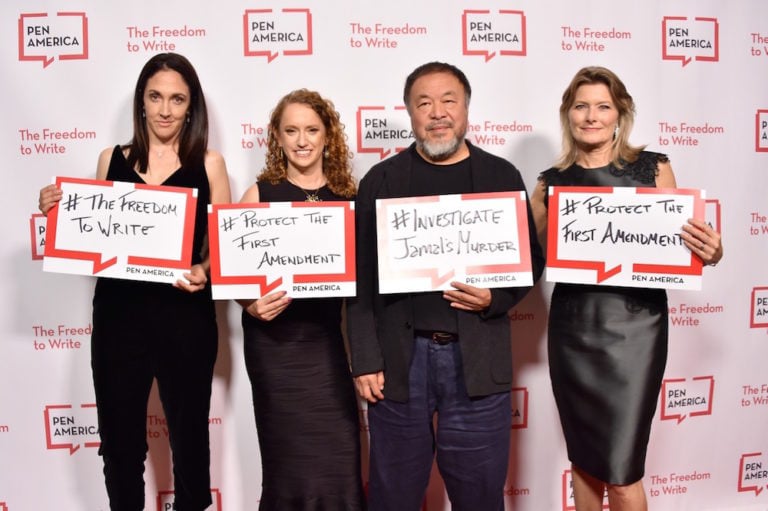
Reckoning and reconciliation after the Trump era
This episode of the PEN Pod segment “Tough Questions” addresses the activism we’ve all had to take up over the past four years, the priority issues the Biden-Harris administration should aim to resolve, and the importance of looking back at the Trump era in order to resolve the trauma we experienced from it.
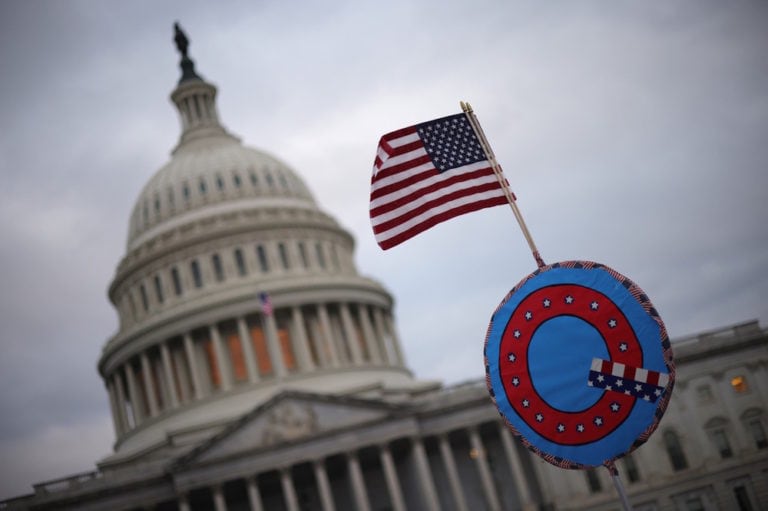
Trump lit the fuse, but anti-media sentiment among his supporters may outlast him
Even with Trump now out of the White House – and banned from Twitter – animosity toward the press among some Trump supporters and far-right extremist groups is unlikely to diminish, reporters and researchers of extremism told CPJ.

EFF’s top recommendations for the Biden administration
EFF prepared a transition memo for the incoming Biden administration, outlining their recommendations for how it should act to protect everyone’s civil liberties in a digital world.
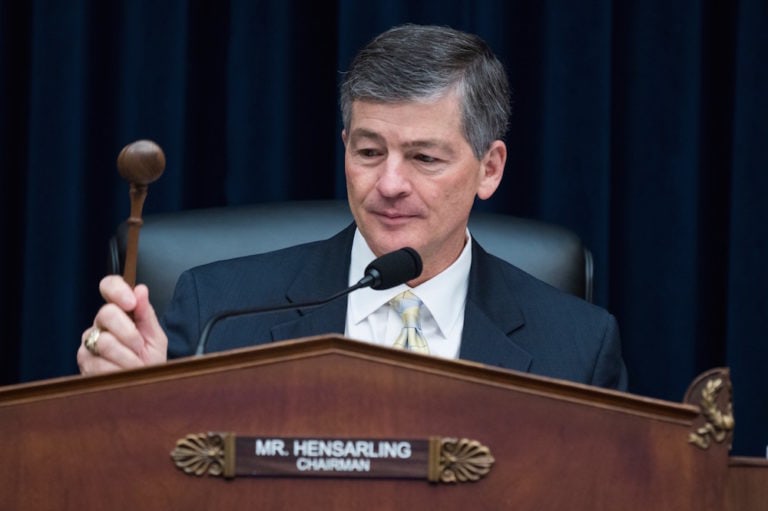
New OCC rule is a win in the fight against financial censorship
The Office of the Comptroller of the Currency finalized its Fair Access to Financial Services rule, which will prevent banks from refusing to serve entire classes of customers that they find politically or morally unsavory.
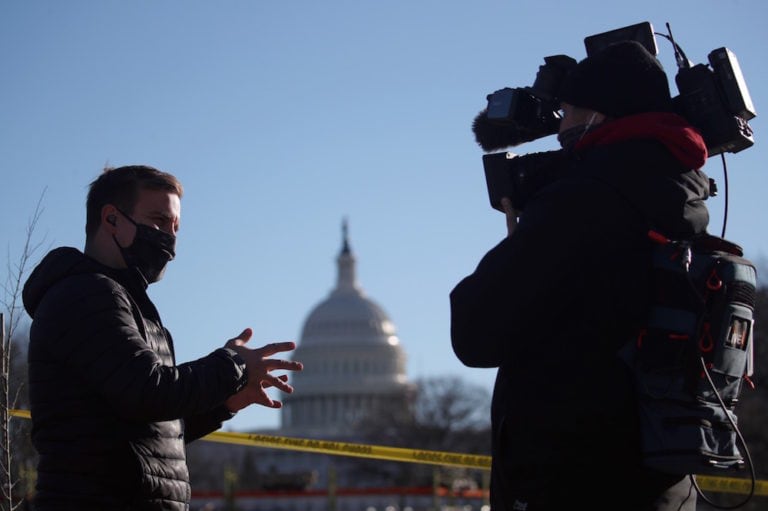
Free expression and the first 100 days
An agenda for the incoming administration.

CPJ safety advisory: Covering the build-up to the U.S. presidential inauguration
Tensions remain high in the U.S. in the build-up to President-elect Joe Biden’s inauguration on January 20, 2021.

So-called “consent searches” harm our digital rights
Learn more about how the police evades the Fourth Amendment’s requirement to obtain a warrant.

CPJ urges US court to reverse Khashoggi ruling, order US intelligence community to disclose information on documents related to duty to warn
The U.S. intelligence community should confirm or deny the existence of documents that may provide information on its duty to warn “Washington Post” columnist Jamal Khashoggi of threats to his life before his murder, or provide more detailed explanations of their refusal to do so.

Beyond platforms: Private censorship, Parler, and the stack
Private companies have strong legal rights under U.S. law to refuse to host or support speech they don’t like. But that refusal carries different risks when a group of companies comes together to ensure that certain speech or speakers are effectively taken offline altogether.

FAQs on free speech and the Capitol Hill insurrection
Last week’s lawless insurrection on Capitol Hill raised a series of questions about free speech, the First Amendment, and protest rights. Should presidents be banned from Twitter and Facebook? Should tech companies refuse to host social networks sites like Parler? What defines “hate speech” and “incitement”?
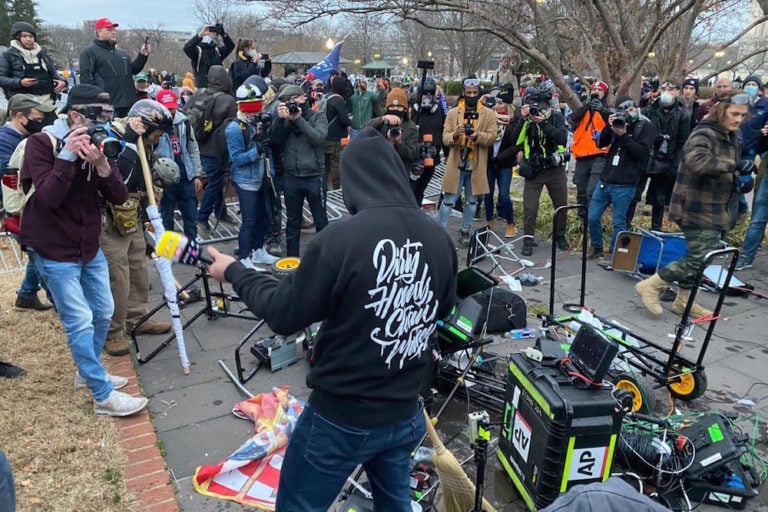
CPJ urges respect for United States press freedom, journalist safety
“We are gravely concerned by today’s attack on American institutions, including the Capitol building in Washington, D.C., where journalists as well as lawmakers are at risk”.